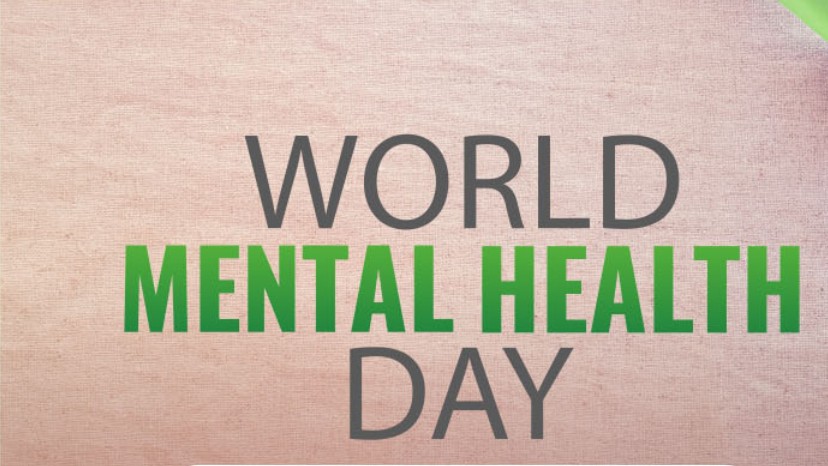Supporting Youth Mental Health A Guide for Adults

Youth face unique challenges to their mental wellbeing. Many grow up amid violence and trauma that harm their sense of safety. They often face more Adverse Childhood Experiences than white children do. These include abuse, neglect, and family troubles. Even when they seek help, our health systems often fail them. Common treatments work less well for youth. They quit therapy more often. Many distrust doctors because of past and present unfair treatment. COVID-19 made these problems worse.
Methods on How Adults Can Help
Adults play a very important part in the mental health of youth. Parents, teachers, therapists, and community members can all make a difference.
Promote Culturally Appropriate Care
Therapists and other mental health workers need to use more than just standard treatments. They also need to use approaches that are sensitive to different cultures. youth's mental health is improved by two main protective factors: race socialization and good racial identity. Families and schools can do their part to support mental health by encouraging these kinds of talks. Teaching young people how to understand, deal with, and be proud of their racial identity makes them stronger and more resistant to abuse.
Engage In Conversation and Listening
Transparent, regular talks are one of the most powerful ways to help kids. Setting up a safe space where children can talk about their feelings and thoughts helps build trust. These discussions help adults recognize early indicators. Early indicators are trouble in focusing, sleep or eating disorders, withdrawal from activities, or constant sadness or anxiety. In case a child talks about death or is constantly depressed, talk to a therapist for help.
Also Read: Step-by-Step Process: How to Register an NGO
Make Mental Health a Normal Topic
Talk openly about mental health and what affects it—like racism, loss, or trauma. This helps remove shame. Don't shy away from hard questions, even asking if a child has thought about hurting themselves. Be kind, and remind children their feelings matter. You can tell the youths that there is nothing wrong in having negative thoughts. Encourage them to get help when needed. You should teach the kids that taking help is a sign of strength, not weakness.
Find Therapists Who Understand Their Culture
If a child needs therapy, look for someone who understands culture. These therapists know how background and identity shape mental health. When searching, ask if they have worked with similar children before. Find out if they have learned about cultural differences and how they will use this knowledge in sessions. Therapist should have similar values and language to the children.
Build Strong Support Networks
communities have a strong network where they can talk about their issues. Maintain contact between teens and trusted adults so that the bond is not broken. Youth can feel safe and cared for in schools, churches, and after-school activities. These group supports should be used in programs instead of emphasizing only on individuals.
Address Mistrust of Doctors
Many families do not trust healthcare due to past abuse and ongoing unfair treatment. Adults must accept these concerns as real. When finding therapy for youth, look for providers who understand families' experiences. Providers should listen well, check in often, and involve families in choices. Simple questions like "How does this sound to you?" or "What might stop you from trying this?" build trust.
Focus on Strengths
youth show amazing toughness, often handling hard things with grit. Encourage youth to explore faith, join social causes, celebrate their heritage, or express feelings through art and stories. These approaches support mental health while honouring youth's lives and experiences.
More Steps Adults Can Take
Adults can help in other ways too. Make sure children get checked for anxiety starting at age 8 and depression at age 12, as health experts suggest. Help youths deal with their grief—a lot of kids lost loved ones during COVID-19 and felt very alone. Last, keep an eye out for signs of trouble at school. Teacher should know how to spot mental health issues in kids since they spend so much time in class and know when to tell parents or counsellors.
These above approaches allow adults to help youth heal, grow, and prosper despite their problems.
FAQ
What is mental health?
When people manage stress, work efficiently, and give back to their community while overcoming obstacles in life, they are said to be in a condition of mental health.
What is mental health awareness?
Raising awareness of mental health issues fosters understanding, lessens stigma, and motivates people to seek mental health treatment.
What is that mental illness?
Conditions affecting emotion, thought, and behavior that impair everyday life and health are referred to as mental illnesses.
What are the serious mental disorders?
Major depressive disorder, severe anxiety, bipolar disorder, and schizophrenia are examples of serious mental illnesses that have a substantial impact on day-to-day functioning and necessitate expert care.

